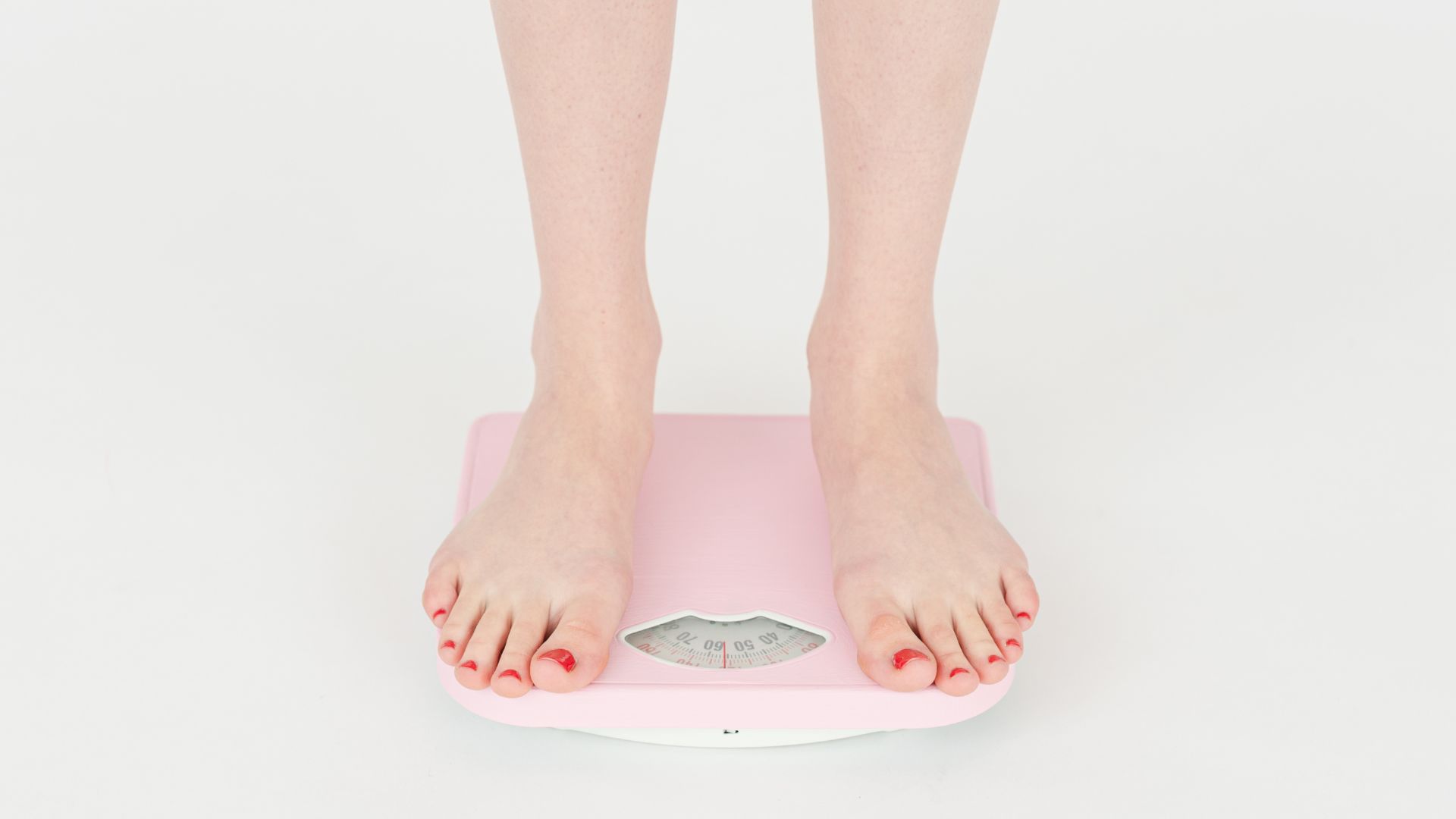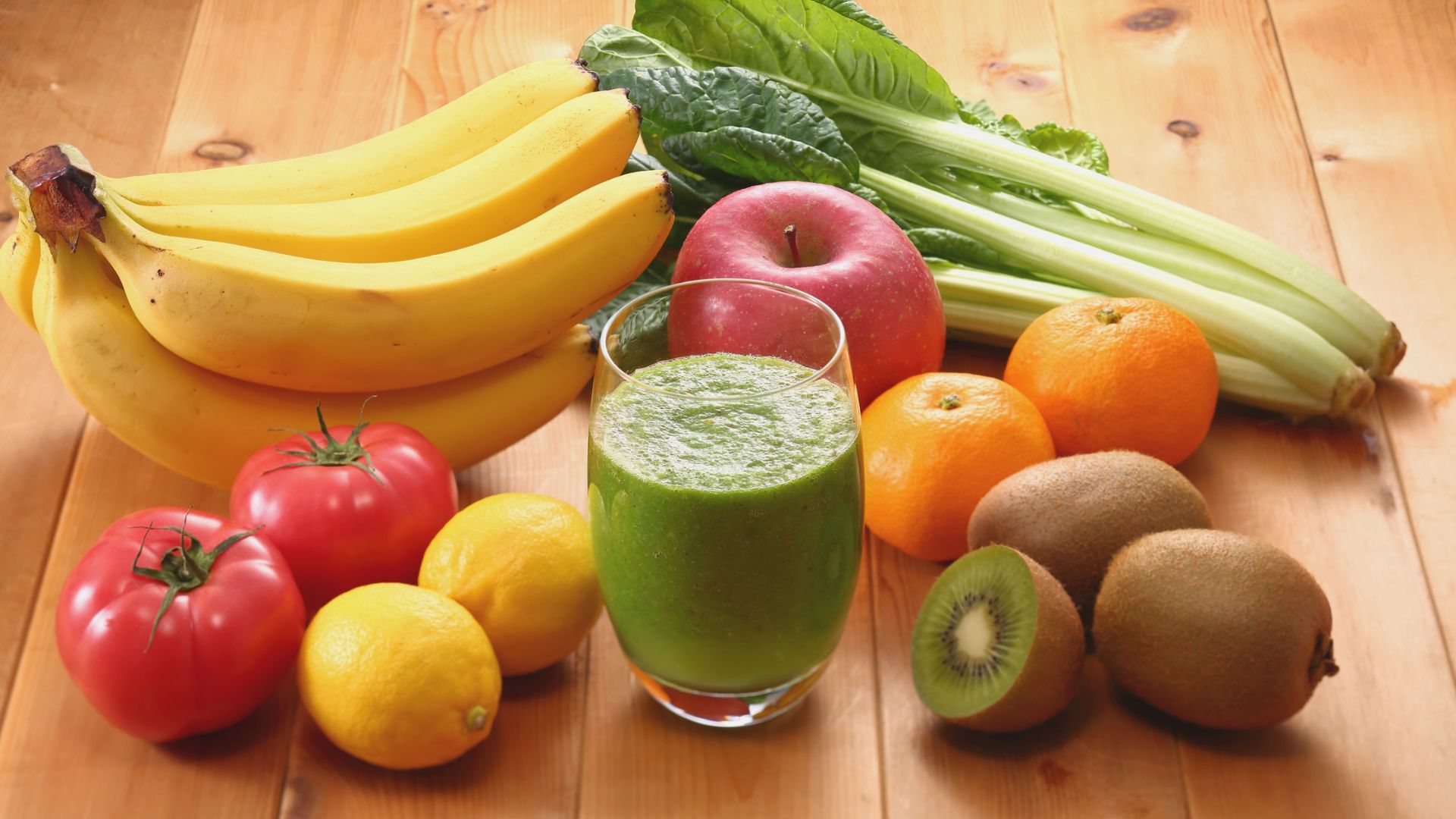Protein is essential for all people.
Twenty amino acids make up thousands of different proteins that perform many essential tasks in our bodies. Protein is part of every cell in the human body and helps the body to build and repair cells and tissues. They are a key component of muscles, bones, organs, hair, nails and skin.
The role of proteins in our body
There are three macronutrients most important to our bodies – proteins, fats and carbohydrates.
Protein is usually found in animal products. Plant sources of protein include nuts, legumes, and some seaweeds. Knowing the basics of protein helps us manage our diet with healthy and beneficial protein foods.
Protein is found in almost every part of the body and tissues, bones and hair, and is necessary for building muscle mass.
Several thousand different proteins in our bodies play vital roles in many chemical reactions.
Proteins are made up of more than twenty basic amino acids. Our bodies produce amino acids in two different ways. Either from scratch or from other components.
Among these amino acids, there are nine essential ones: histidine, isoleucine, leucine, lysine, methionine, phenylalanine, threonine, tryptophan and valine, which must come from our diet.
Chains of amino acids are the building blocks of our body. They perform many functions, both structural and hormonal, as well as protecting our immune system.
There is no stock of proteins in the body. There is a process of renewing the supply of available amino acids, i.e., protein synthesis. Consuming dietary protein avoids deficiencies and ensures optimal protein quality by replenishing 20 amino acids.
It is useful to know: protein makes up about 15% of human body weight. Each gram of protein contains 4 calories, so it is recommended to get at least 0.8 g of protein per kilogram of body weight per day. Note that the figure listed is the minimum amount needed to stay healthy, not your personal daily norm. In addition, health experts advise a combination of animal and plant-based protein consumption.
When proteins are broken down in the body, they help build muscle mass, which in turn aids metabolism. They also help strengthen the “immune complex,” which is one of the immune system’s defense mechanisms.
Protein is involved in almost all types of biological reactions.
Digestive enzymes, hormones, receptors, ligands and immunoglobulins (the predominant type of antibody in human blood) are all different forms of protein.
In addition, proteins work in combination with other molecules, for example, they interact with fatty acid. In this way they create complex molecules that are important for the cell membrane (lipoproteins).
What are the benefits of protein?
Although protein intake is adequate in most industrialized countries, many studies show that a diet high in protein has significant benefits (when dieting for weight loss, for satiety effects, improved metabolism).
Most people already consume about 15% of their calories from protein, which is more than enough to avoid deficiency. However, in some cases, people benefit from consuming much more of it.
The three macronutrients – fats, carbohydrates and protein – affect our bodies in different ways.
Studies show that protein is by far the most nutritious. It helps us feel satiated while consuming less food.
This is partly because protein lowers levels of ghrelin, a digestive hormone that stimulates appetite. Protein also increases levels of peptide YY, a hormone that gives us a feeling of satiety for several hours.
The effect of protein on appetite can be powerful, and some studies show that increasing protein intake can lead to lower caloric intake without intentionally restricting food intake. Protein can also reduce cravings for snacks between meals.
It seems that to lose weight or belly fat, you might consider replacing some carbohydrates and fats with protein. For example, reduce your portion of potatoes or rice and add a few extra pieces of meat or fish.
One strategy for preventing excessive food cravings is to increase your protein intake.
One study of overweight people found that increasing the amount of protein by about 20 percent relative to minimum intake reduced food cravings by more than 50 percent and halved the desire for a snack at night. Other studies show that a high-protein breakfast can reduce cravings and late-night snacking.
Scientists suggest that this process is mediated by improved function of dopamine, a neurohormone (a chemical messenger produced by a neuron that acts hormone-like). Dopamine is involved in the pleasure process.
Increasing muscle mass and losing weight
Protein is the building block of your muscles and increases muscle mass and strength.
Therefore, eating enough protein helps maintain muscle mass and promotes muscle growth during sports and strength training.
So if you are physically active, you need to make sure that you are consuming enough protein.
Protein has a much higher heat effect than fats or carbohydrates. High protein intake has been proven to significantly speed up your metabolism and increase the number of calories burned. A high-protein diet can burn more calories per day than a low-protein diet. A high protein intake can greatly increase your metabolism, helping you burn more calories throughout the day.
Reducing the risk of osteoporosis
There is a persistent myth that protein (mostly animal protein) is bad for your bones.
This belief is based on the fact that protein increases the acid load in the body, leading to calcium leaching from the bones to neutralize the acid.
However, most long-term studies show that protein, including animal protein, has great benefits for bone health.
People who consume more protein retain their bone mass better as they age and have a much lower risk of developing osteoporosis. This is especially important for women, as they are at higher risk of developing osteoporosis after menopause. Eating plenty of protein and an active lifestyle is a good way to prevent this.
Reducing blood pressure
Consuming a little more protein than the minimum normal has been shown in studies to lower blood pressure. In controlled studies, increased protein lowered systolic and diastolic blood pressure.
A high-protein diet has also been found to lower levels of LDL – bad cholesterol – and triglycerides (a class of lipids deposited into fat).
Reduced muscle deterioration in old age (sarcopenia)
One of the effects of aging is that our muscles gradually become weaker. Sarcopenia (muscle weakening) is one of the main causes of frailty, bone fractures and reduced quality of life in older people. Therefore, eating enough protein is one of the best ways to reduce age-related muscle deterioration.
It is also very important to stay physically active.
WHICH FOODS ARE RICH IN PROTEIN?
All foods from meat, poultry, seafood, beans and peas, eggs, processed soy products, nuts and seeds, are considered part of the protein group.
However, it is important to choose less fatty and diverse foods to optimize and balance the diet.
In addition to animal sources, there are several alternative sources of protein, including soybeans, legumes and whey. These are good options, and it all depends on your personal preferences.
You can book a consultation with our nutritionist to create a customized nutrition plan. You will need to have several tests done beforehand.
Make an appointment at contact@healthprevention.ch








